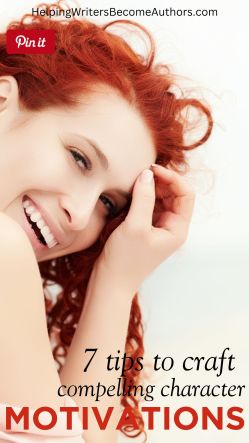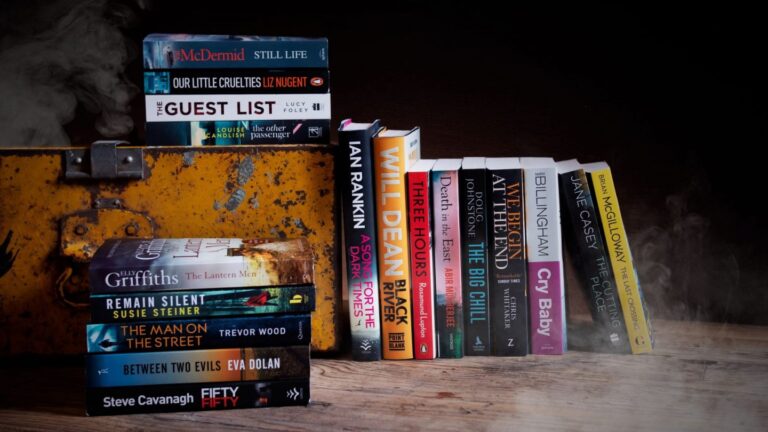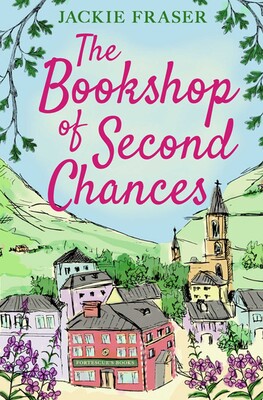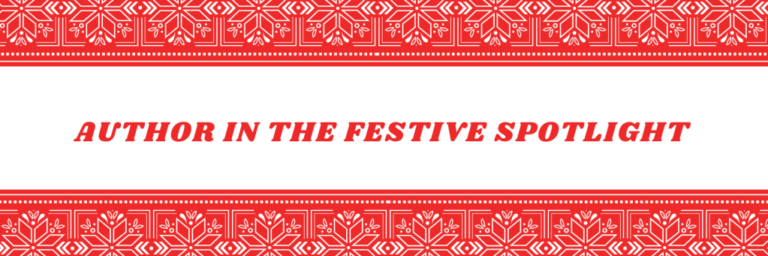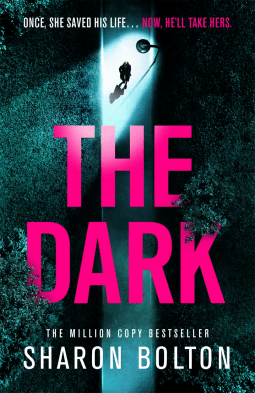But when she stuns the neighbourhood by accepting the proposal of buffoonish clergyman Mr Collins, her fortunes change. Her best friend Lizzy Bennet is appalled by her decision, yet Charlotte knows this is the only way to provide for her future.
What she doesn’t know is that her married life will propel her into a new world: not only of duty and longed-for children, but secrets, grief, unexpected love and friendship, and a kind of freedom.
1. Tell us a little about Charlotte.
Charlotte is a Pride & Prejudice sequel told from the perspective of Charlotte Lucas, Elizabeth Bennet’s plain, older and poorer best friend. What was her life was like after she married the clergyman Mr Collins? Did she and Lizzy stay friends? Did they have children? What great joys and sorrows came their way? The story answers these questions while exploring what biographer Lyndall Gordon calls “domestic feminism”: there’s a fair amount of gardening, music, jam-making and apple-picking – which, I’m told, makes it a very comforting pandemic read.
7. I like to end my Q&As with the same question so here we go. During all the Q&As and interviews you’ve done what question have you not been asked that you wish had been asked – and what’s the answer?
It might be easier to share something I DON’T do: watch TV. Or movies, or series. I gave away my telly many years ago, and somehow never switched to watching things on my laptop. It wasn’t a conscious decision, and I’m always meaning to watch series like The Crown, or movies like The Queen’s Gambit, but I have this tottering TBR pile, and never get round to subscribing to Netflix, etc. I sometimes miss watching cricket, though, but I can always go to the pub for big matches. For the rest, I read and read and read. Spend too much time on social media. I live a very green life (I’m off the water grid, for instance), so a lot of time goes into growing my own veg, mending and making things, cooking. Like Charlotte Lucas, I make most things from scratch: my own chutneys, pickles, mustard, etc. There’s always a pot (I nearly said “cauldron”) of soup bubbling on the stove. I also have three demanding rescue cats and a kombucha scoby called Esme.
4. Having been through the publishing process, is there anything about the process of creating a book that still surprises you?
Everybody believes that Charlotte Lucas has no prospects. She is unmarried, plain, poor and reaching a dangerous age.
My novel opens with Charlotte dealing with the loss of a child (not too much of a spoiler, as this happens on p. 5), and I think no one dares ask me if I myself have lost a child. It’s not a question I want people to ask, but it can be a small elephant in the room at times – I can feel folk wondering if those sections are autobiographical. I couldn’t have children, and while I wouldn’t dream of comparing infertility with the experience of losing and grieving for a child, I did exorcise a great deal of loss in writing about how Charlotte deals with something so devastating.
Charlotte is my first novel, but it’s actually my 24th book if you count collections I’ve compiled and edited (I’ve written a lot of non-fiction, including university textbooks). I’ve also worked in publishing as an editor for nearly 30 years, and (adopts sepulchral voice): The Things I Have Seen… So in some respects, NOTHING about book publication will ever surprise me again. Or so I thought, until I had my dream book launches lined up for Charlotte, literary festivals, signings … and along came a global pandemic to gobble up my book! It’s a truism that in publishing, something unforeseeable goes wrong on every single project, but we didn’t see this one coming. One thing I’ve found interesting and a huge learning curve is how very differently books are marketed and publicised in the UK, compared to South Africa. We only start doing advance publicity about six weeks before a book is published, and most sales efforts are concentrated in the six weeks after publication.
Helen kindly answered a few of my questions.
Helen Moffett is the author of Charlotte, which was published by Manilla Press on 3 September 2020.
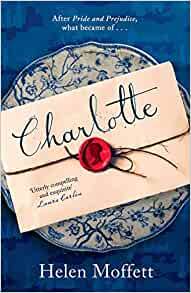
3. Are you a plan, plan, plan writer or do you sit down and see where the words take you?
6. If you could only read one book for the rest of your life which book would it be?
2. What inspired the book, why Charlotte Lucas?
I was haunted by her fate when she married the dreadful Mr Collins mid-way through P&P. My wonderful uni lecturer, in teaching the novel, pointed out that no matter how shocked and critical Lizzy is, Charlotte didn’t have a whole lot of choice – she had to jump at the offer of a roof over her head. Living in South Africa, which is still dealing with a legacy not only of racism but severe gender discrimination, I could clearly see that Charlotte had very few options, and I wondered (as I do about so many women’s lives) if it was possible for her to be happy. Having accepted the proposal of a near-stranger because it was her only chance of economic security, could she make a decent life for herself? Experience fulfilment? Did she ever fall in love? I’ve always been fascinated by the agency of those who apparently have little or no power, and I wanted to explore how she might exercise power in her own small world. The other thing is that in P&P, we see that rare thing in Austen’s novels: a marriage after courtship. We are shown Charlotte making a home at Hunsford Parsonage, attending to domestic matters, entertaining friends and family, dancing attendance on Lady Catherine de Bourgh. And those little glimpses gave me something to work with, so that I could imagine that life more fully.
5. What do you do when you aren’t writing? What do you do to relax and get away from it all?
The very idea of just one book brings me out in hives! If you held a gun to my head, I think I’d go for the fattest anthology of poetry from around the world I could find. Can I not ask for the complete works of a single author? In which case, it would be Jane Austen, obviously, but then I’d want everything she ever wrote, including her letters. The complete works of Terry Pratchett might also be a contender here.
I’m actually a talk, talk, talk and walk, walk, walk writer. I need to talk through my plot ideas with other writers I trust. A few years ago, I wrote erotica with two very close friends, both excellent and successful authors, Sarah Lotz and Paige Nick. In the process, we learned to work together very closely, also to trust each other completely. I don’t write anything without first thrashing out my ideas with them. Then, when I’m doing the actual writing, and I’m not sure where to go next, or seem to have painted myself into a corner, I go for a long walk, preferably by the sea or on the mountain (I’m very lucky here in Cape Town to be sandwiched between the two!). Something about the pace and the movement usually releases whatever needs to come next in the story or character development.
About the Book


